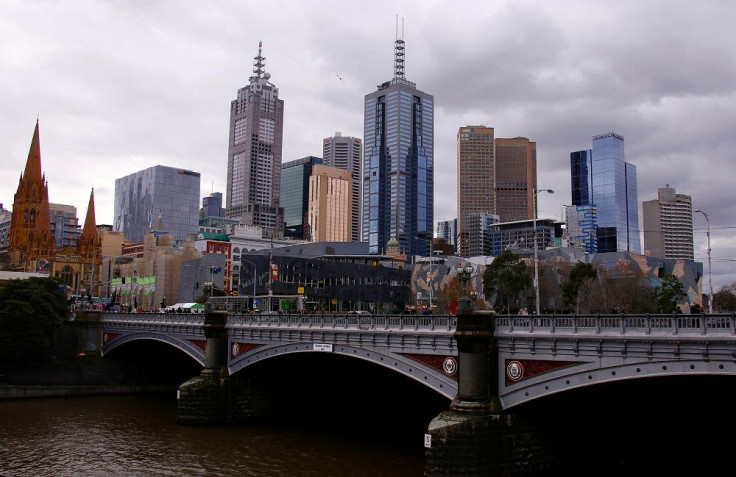Australia's GDP growth slips to 2.4 percent, weaker than market expectations

Australia's GDP growth slipped to 2.4 percent over the last year, a weaker rise than expected compared to the annualised rate of 2.8 percent seen in the third quarter. Figures also show no acceleration in 2016, when Australian GDP growth was also at 2.4 percent.
Economists expected the GDP to have expanded by 2.5 percent in the December quarter, a Reuters poll of analysts showed. But recent soft indicators prompted analysts to trim their expectations.
Australian Bureau of Statistics chief economist Bruce Hockman said that growth for this quarter was driven by the household sector, with sustained strength in household income matched by a boost in household consumption. Propped up by greater discretionary spending in restaurants, cafes, hotels and recreation and culture, household consumption rebounded to 1.0 percent over the quarter.
The huge drags on growth were net exports, specifically in rural goods and tourism. Meanwhile, residential construction and a sharp drop in larger scale construction and engineering took their toll.
ABS figures also show a jump in consumer and oil imports and a drop in rural exports. Retail sales for January rose 0.1 percent while sales dipped 0.5 percent in December.
The country’s brick-and-mortar retailers have been struggling as it appeared that persistent price discounts failed to appeal to customers amid increased competition in the market. Consumer spending accounted for about 57 percent of GDP. Government spending, on the other hand, rose 1.7 percent in the fourth quarter.
As for increase in wages, Hockman said that a 1.1 percent rise in compensation was a "solid" result. "The increase in wages is consistent with stronger employment data reported in Labour Force, as well as a lift in the growth rate in the wage price index observed over the past two quarters," the ABC reports him as saying.
Wage growth, however, was slower than the 1.2 percent seen in the third quarter. Average compensation per employee fell to zero over the quarter.
The central bank left interest rates at record lows on Tuesday. There were chances that rates will likely remain on hold for the coming months. Sydney-based senior economist at JPMorgan, Tom Kennedy, said that the Reserve Bank of Australia (RBA) has definitely softened its language around growth. “I think the change means gradually and very slowly they’re stepping away from the 3 percent target,” he added, according to Reuters.





















